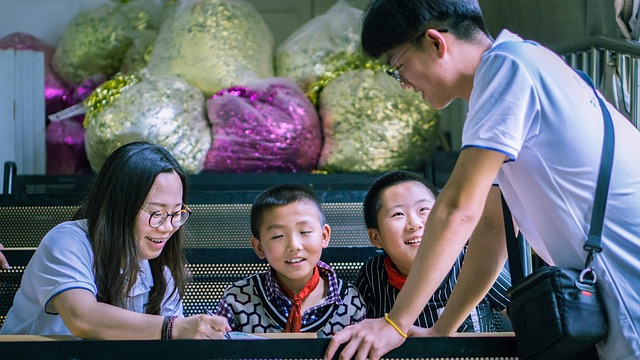Oregon's child welfare attorneys face complex legal landscapes requiring deep knowledge of dependency, neglect, and family law. To navigate these challenges, they build robust attorney support networks by collaborating with social workers, mental health experts, and fellow lawyers. Accessing this network through local events, online platforms, and social media groups ensures professionals stay informed, share best practices, and advocate effectively for children's rights within Oregon's welfare system. Specialized organizations and digital tools further enable efficient case management and up-to-date legal representation.
Oregon’s child welfare system presents unique legal challenges for attorneys. This article navigates the key resources available to Oregon child welfare lawyers, focusing on understanding the state’s system, building a robust attorney support network, and leveraging essential tools and resources. By exploring these aspects, legal professionals can better serve their clients and contribute to positive outcomes in Oregon’s child welfare cases.
- Understanding Oregon's Child Welfare System: A Legal Perspective
- Building Your Attorney Support Network in Oregon
- Essential Resources and Tools for Child Welfare Attorneys in OR
Understanding Oregon's Child Welfare System: A Legal Perspective

Oregon’s child welfare system is a complex web of laws, regulations, and agencies designed to protect and nurture vulnerable children. As a child welfare attorney, navigating this landscape requires a deep understanding of the state’s unique legal framework. The system encompasses various entities, including the Department of Human Services (DHS), courts, and an extensive network of service providers.
Attorneys working in this field need to be adept at interpreting laws related to dependency, neglect, and family law. They play a vital role in advocating for children’s rights, ensuring due process, and guiding families through challenging circumstances. An attorney support network within the state also exists, facilitating collaboration and knowledge-sharing among legal professionals dedicated to Oregon’s child welfare causes.
Building Your Attorney Support Network in Oregon

Building a robust attorney support network is essential for Oregon child welfare attorneys navigating complex legal landscapes. This involves connecting with a diverse range of professionals who can offer specialized knowledge and practical assistance. Key players within this network include social workers, mental health professionals, educators, and legal colleagues with varying expertise. Collaborating with these individuals ensures comprehensive case management and informed decision-making.
Oregon’s legal community offers numerous opportunities to forge meaningful connections. Attending local bar association events, joining relevant legal groups, and participating in continuing legal education programs facilitate networking. Leveraging online platforms and social media groups dedicated to child welfare law further expands access to this critical attorney support network. These resources enable attorneys to stay informed, share best practices, and collectively advocate for the well-being of children involved in welfare cases.
Essential Resources and Tools for Child Welfare Attorneys in OR

Oregon child welfare attorneys face unique challenges, requiring them to stay updated with a wealth of resources and tools. Accessing an extensive attorney support network is crucial for navigating complex legal landscapes and ensuring the best outcomes for their clients. This network includes specialized organizations dedicated to child welfare law, offering resources such as legal clinics, workshops, and up-to-date case law summaries.
Additionally, digital platforms and databases are invaluable assets, providing quick access to critical information like legislation updates, court records, and research materials. These tools empower attorneys to deliver efficient and effective representation, ultimately supporting their mission to protect and advocate for the rights of children within Oregon’s welfare system.






